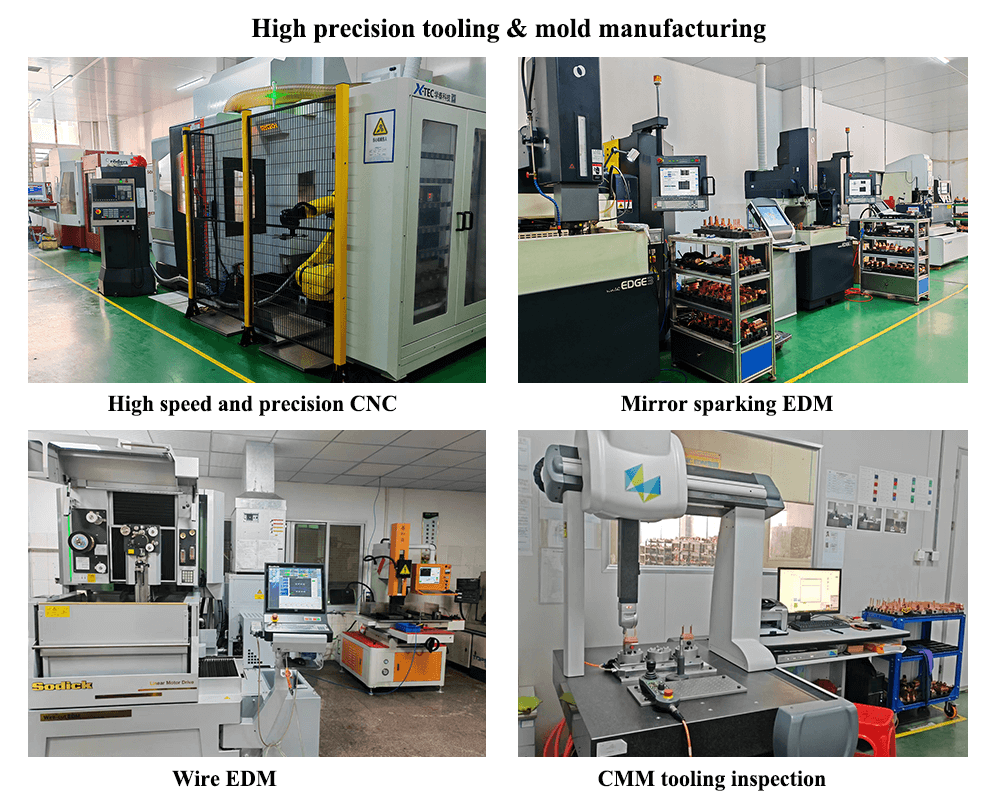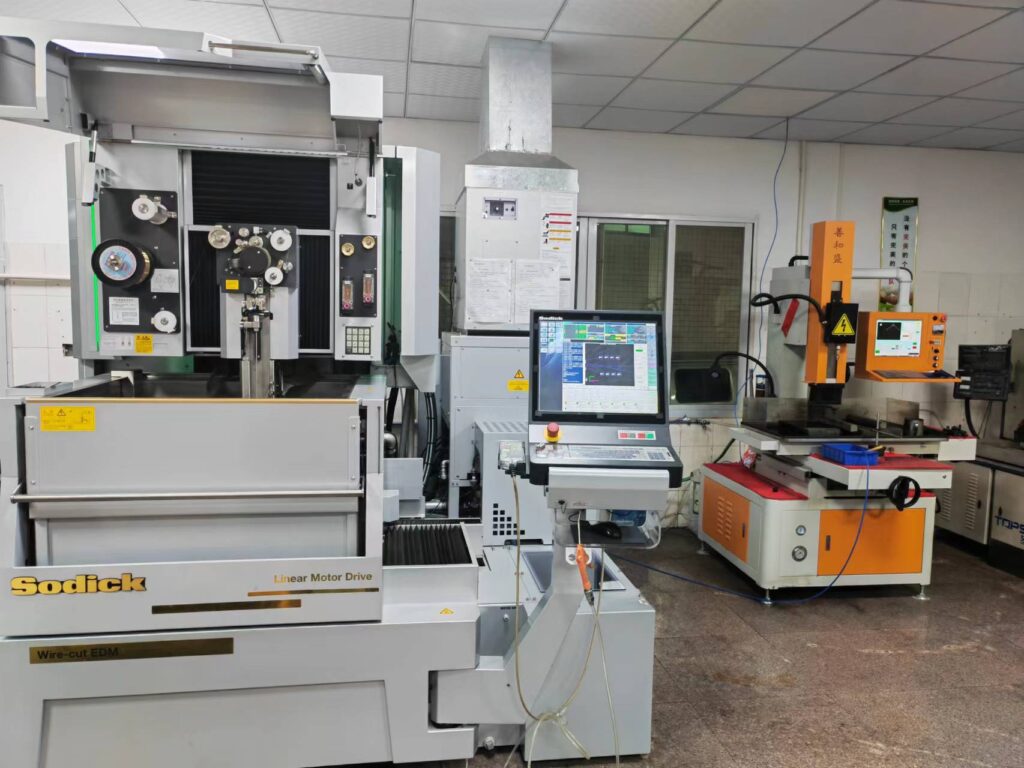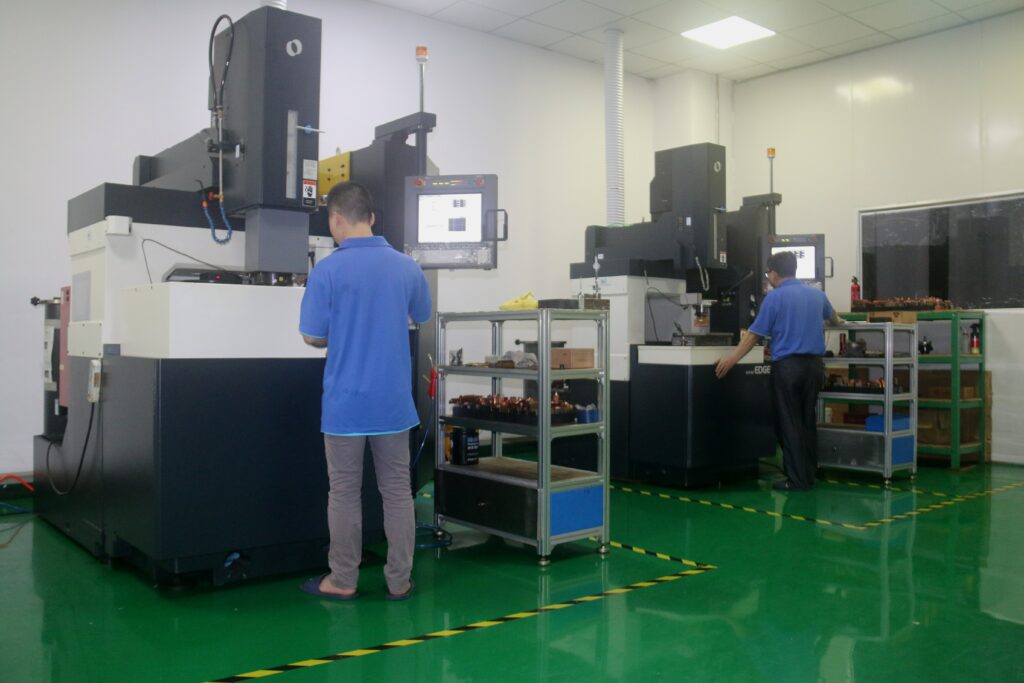Silicone molds have emerged as vital tools in contemporary manufacturing, offering numerous advantages that make them highly sought after across a variety of sectors. Known for their remarkable flexibility, durability, and precision, these molds are essential for producing intricate, high-quality components. This article will explore the defining characteristics of silicone molds, their essential role in liquid silicone rubber (LSR) injection molding, and their application in custom silicone product creation, along with their numerous benefits. Additionally, we will provide examples of real-world applications that underscore their versatility and importance.
Silicone Molds Introduction:
Silicone molds are constructed from silicone rubber, a material recognized for its unique qualities that make it highly effective for a range of molding tasks. These molds are designed to shape various materials with high precision and intricate detailing.
Key Features of Silicone Molds:
– Flexibility: One of the primary benefits of silicone molds is their exceptional flexibility, allowing them to conform to complex designs and detailed patterns. This adaptability is particularly advantageous when creating intricate shapes that traditional molds may struggle to replicate.
– Thermal Stability: Silicone molds can endure high temperatures without compromising their structural integrity, making them ideal for processes involving molten materials, such as metal casting and hot resin molding.
– Durability: Built for longevity, silicone molds can withstand repeated use over extended periods. This durability provides significant cost savings for manufacturers engaged in high-volume production.
![]()
– Food-Grade Options: Some silicone molds are manufactured to meet rigorous safety standards for food contact, ensuring they are non-toxic and capable of withstanding high temperatures, which is essential for culinary applications such as baking and food preparation.
– Medical-Grade Silicone: Extensively used in healthcare, medical-grade silicone molds comply with strict health and safety regulations, characterized by their biocompatibility, ensuring safety for applications involving bodily fluids and medical devices.
– Industrial-Grade Silicone: Designed for challenging environments, industrial-grade silicone molds are engineered for robustness and reliability, suitable for sectors such as automotive and aerospace.
Silicone Molds in Injection Molding
Injection molding is a widely employed manufacturing technique in which molten material is injected into a mold cavity to produce parts.
Precision and Consistency
Silicone molds are highly regarded for their precision, enabling consistent reproduction of complex designs, particularly in custom silicone molding applications. They can accurately replicate intricate features, ensuring each component adheres to exact specifications. This level of precision reduces the need for rework, minimizes material waste, and enhances overall manufacturing efficiency.
In industries where strict tolerances are crucial—such as electronics and automotive manufacturing—silicone molds prove indispensable. Their capacity to produce high-quality, precise components is vital for the functionality and reliability of final products.
Design Flexibility
Another notable advantage of silicone molds is their design flexibility. Unlike rigid molds, silicone molds can easily adapt to a wide range of shapes, enabling manufacturers to explore innovative designs that may be difficult to achieve with traditional materials.
This adaptability is especially beneficial during the prototyping phase, allowing designers to experiment with various configurations. The inherent flexibility of silicone molds facilitates rapid adjustments throughout the design process, expediting the transition from concept to finished product.

Cost Efficiency
While the initial investment for silicone molds may be higher compared to other options, their long-term cost efficiency is significant. Their durability enables them to endure numerous production cycles without frequent replacements, resulting in lower overall production costs and improved return on investment.
Furthermore, silicone molds can produce large volumes of components with minimal defects, which reduces material waste and decreases the cost per unit. This efficiency positions silicone molds as a practical choice for large-scale manufacturing.
Custom Silicone Products and Their Advantages
The distinct properties of silicone molds are particularly beneficial for developing custom silicone products, enabling manufacturers to create tailored solutions that meet specific requirements.
Attributes of Custom Silicone Products:
– High Precision: Custom silicone products benefit from the precision of silicone molds, ensuring that each component meets stringent specifications.
– Durability: Items produced using these molds are recognized for their longevity and wear resistance.
– Flexibility and Elasticity: Custom silicone products retain their shape and functionality, making them ideal for applications requiring adaptability.
– Water Resistance: Many silicone products demonstrate excellent moisture resistance, enhancing their usability across diverse environments.
– Customizability: Silicone molds facilitate the creation of bespoke items tailored to unique customer specifications.
Rapid Prototyping and Production
One of the standout benefits of silicone molds is their capacity for rapid prototyping and production. Designers can swiftly generate prototypes using silicone molds, allowing for faster iterations and refinements of designs before full-scale manufacturing.
This capability is particularly advantageous in industries requiring quick turnarounds. The ability to efficiently produce both prototypes and final products enables companies to remain agile and responsive to market demands.
The Mold-Making Process
As a case study, consider Toolingsun, which offers comprehensive customization services for mold design and production for silicone products. Their meticulous ten-step mold-making process—from project inception to mold approval—ensures high-quality outcomes. By utilizing advanced machinery, such as Japan’s Makino CNC and GF AgieCharmiller’s EDM technology, Toolingsun consistently delivers superior silicone products tailored to customer needs.

Advantages of Silicone Molds in Manufacturing
Incorporating silicone molds into manufacturing provides several advantages:
Durability and Longevity
Silicone molds are celebrated for their exceptional durability, capable of withstanding extensive use without significant degradation. This longevity reduces the frequency of replacements, ultimately lowering manufacturing costs over time.
Surface Finish Quality
Products created with silicone molds often feature superior surface finishes. The non-stick properties of silicone molds contribute to a smooth, polished appearance, often eliminating the need for additional finishing processes.
Product Quality Assurance
Silicone molds enhance the overall quality of manufactured components by ensuring high precision and consistency. This reliability is essential across various sectors, including automotive, medical, and consumer goods, where adherence to quality standards is critical.

Environmental Sustainability
Silicone molds offer environmental advantages over other molding materials. The recyclability of silicone aids in minimizing waste during manufacturing. Additionally, the extended lifespan of silicone molds results in fewer replacements, thereby conserving resources.
Applications
Silicone molds find application across a multitude of industries due to their versatility:
– Automotive: In the automotive sector, silicone molds are employed to manufacture high-precision components like gaskets and sealing rings, which are crucial for performance and reliability.
– Medical: Medical-grade silicone molds are essential for creating components for medical devices and implants, adhering to strict health and safety guidelines.
– Consumer Goods: Silicone molds are widely utilized in producing consumer products such as kitchenware and toys, where their durability and attention to detail align with consumer expectations.
Conclusion
Silicone molds serve as a cornerstone of modern manufacturing, providing a multitude of benefits such as precision, flexibility, and cost efficiency. Their ability to produce intricate, high-quality components renders them indispensable across various industries. As technological advancements continue to evolve, silicone molds will remain crucial in developing innovative solutions and addressing the dynamic demands of manufacturers and designers.
By understanding the features and advantages of silicone molds, businesses can make informed decisions regarding their application in production processes. Whether in injection molding, custom product development, or high-volume manufacturing, silicone molds offer a reliable and effective solution for achieving superior results.
